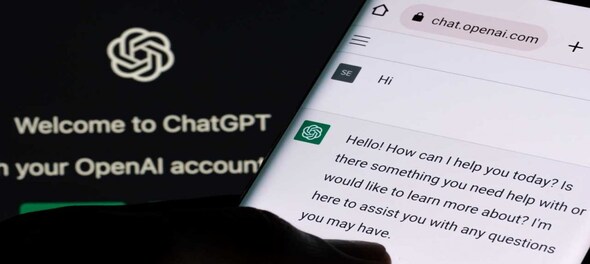
The increasing popularity of ChaGPT has given rise to several fake apps and even malware campaigns.
Security company Kaspersky claims that hackers are disseminating the malware through Facebook groups by promoting a phoney desktop version of ChatGPT.
"This campaign targeting ChatGPT is a prime example of how attackers are leveraging social engineering techniques to exploit the trust that users place on popular brands and services. It is important for users to understand that, just because a service appears to be legitimate, it doesn't mean that it is," said Darya Ivanova, a security expert at Kaspersky.
Users are also infected with the Fobo Malware, which steals sensitive information like Facebook, TikTok, and Google account credentials as well as private and business financial data, in addition to the bot.
According to the investigation, people who click on the post's link are taken to a well-designed website that resembles the OpenAI-owned ChatGPT website almost exactly.
The website then invites users to download what appears to be a Windows version of ChatGPT but is actually an archive with an executable file.
The installation process then begins but abruptly ends with an error message stating that the programme could not be installed.
In fact, the installation of the programme proceeds without the users' knowledge and a new stealer Trojan, Trojan-PSW.Win64.Fobo, is installed on the user's computer, according to the report.
This Trojan is intended to steal information about saved accounts from browsers such as Chrome, Edge, Firefox, and Brave.
As part of the attack, the Trojan steals login credentials as well as attempts to obtain additional information, such as the amount of advertising money and the current balance of the business accounts.
The attackers are going after the global market. Users in Africa, Asia, Europe, and America have been targeted by the fraudulent "desktop client" for ChatGPT, the report mentioned.
There are also a number of fake ChatGPT apps on the Google Play Store and Apple App Store. Users must note that ChatGPT does not offer any exclusive apps and is only available through OpenAI’s website.
Alternatively, users can download either the Bing or the Microsoft Edge app on their smartphones to use the new AI-powered Bing search, which works on the GPT 3.5 model — the same one that was used to develop ChatGPT.
(With IANS Inputs)
Check out our in-depth Market Coverage, Business News & get real-time Stock Market Updates on CNBC-TV18. Also, Watch our channels CNBC-TV18, CNBC Awaaz and CNBC Bajar Live on-the-go!


Stampede-like situation disrupts Rahul Gandhi, Akhilesh Yadav's joint rally in Uttar Pradesh
May 19, 2024 4:26 PM
Ladakh Lok Sabha election: With Independent candidate's entry, it's now a 3-way contest for BJP and Congress
May 19, 2024 4:01 PM

